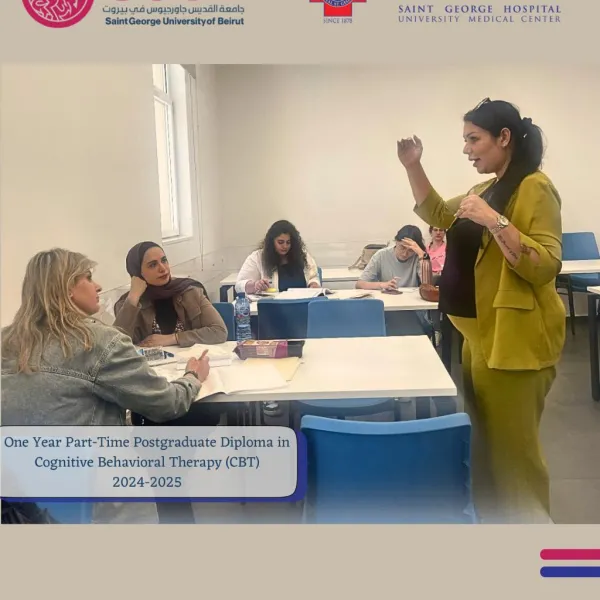Mental disorders among persons with arthritis: results from the World Mental Health Surveys
Abstract
Background
Prior studies in the USA have reported higher rates of mental disorders among persons with arthritis but no Cross-national studies have been conducted. In this study the prevalence of specific mental disorders among persons with arthritis was estimated and their association with arthritis across diverse countries assessed.
Method
The study was a series of cross-sectional population sample surveys. Eighteen population surveys of household-residing adults were carried out in 17 countries in different regions of the world. Most were carried out between 2001 And 2002, but others were completed as late as 2007. Mental disorders were assessed with the World Health Organization (WHO) World Mental Health–Composite International Diagnostic Interview (WMH-CIDI). Arthritis was ascertained by self-report. The association of anxiety disorders, mood disorders and alcohol use disorders with arthritis was assessed, controlling for age and sex. Prevalence rates for specific mental disorders among persons with and without arthritis were calculated and odds ratios (ORs) with 95% confidence intervals were used to estimate the association.
Results
After adjusting for age and sex, specific mood and anxiety disorders occurred among persons with arthritis at higher rates than among persons without arthritis. Alcohol abuse/dependence showed a weaker and less consistent association with arthritis. The pooled estimates of the age- and sex-adjusted ORs were about 1.9 for mood disorders and for anxiety disorders and about 1.5 for alcohol abuse/dependence among persons with versus without arthritis. The pattern of association between specific mood and anxiety disorders and arthritis was similar across countries.
Conclusions
Mood and anxiety disorders occur with greater frequency among persons with arthritis than those without arthritis across diverse countries. The strength of association of specific mood and anxiety disorders with arthritis was generally consistent across disorders and across countries. Psychological Medicine, 38(11), 1–12.
To obtain complete access to the article, please send an email to idraac@idraac.org, in which you specify your position and the reason for your request.



